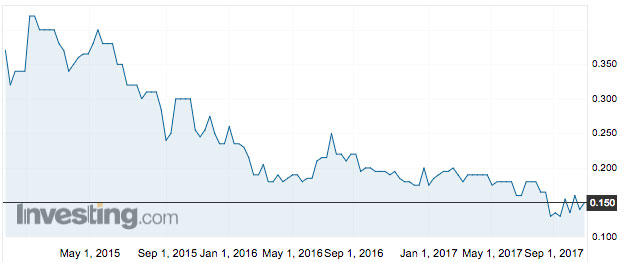Cryosite’s blood banking sale drags on as regulator delays decision
Health & Biotech
Cryosite will have to stay in the controversial cord blood and tissue storage business a bit longer, after a deadline for a review by the competition regulator blew out.
Sydney-based Cryosite (ASX:CTE) is trying to sell its cord blood and tissue banking assets to Cell Care Australia.
Because this would make Cell Care a 19.7 per cent shareholder in Cryosite — the dominant market player — the Australian Competition and Consumer Commission stepped in to review the arrangement.
The review was supposed to be completed by November 16, but the regulator asked for extra information and hasn’t provided a new decision date.
“The ACCC has informed Cryosite that it has suspended the timeline for the review of the CellCare Pty Ltd and Cryosite Ltd transaction,” Cryosite said.
The deal was originally supposed to be approved by shareholders in September.
Cryosite and Cell Care have been contacted for comment.

Dramatically escalating costs
Increased competition and discounting in the cord banking sector led to the decision to cease the processing, collection and banking of future cord blood and tissue for clients, Cryosite chairman Stephen Roberts said last week.
“Our cost of customer acquisition was dramatically escalating and yet we were still losing market share,” Mr Roberts said.
“The financial position of the business had deteriorated dramatically in the period ended 31 December 2016 and the early months of 2017 provided to be even more challenging.”
The licensing deal will see an upfront payment of $500,000 and minimum payments over five years of $500,000 a year, as well as others based on performance targets.
Cell Care charges up to $4000 to store cord blood for 25 years, or just over $2000 a year if storing year-to-year.
Three years ago its medical director mark Kirkland told the SMH that of the 30,000 people who’d banked cord blood in the proceeding 10 years, only six people had accessed it.
Cryosite has had a few problems holding on to CEOs in the last two years, with Joseph Saad lasting four and a half months in 2015 and Andrew Shine, who was appointed in June last year, resigning in May.
It saw full year profit fall 25.5 per cent in fiscal 2017 to $234,000, and revenue increase 0.3 per cent.
On Wednesday its shares were trading at 15c — near the bottom of its 13c to 20c trading range over the past year. The company’s market cap is about $7 million.